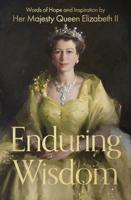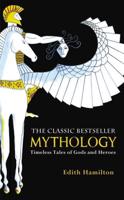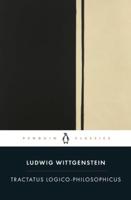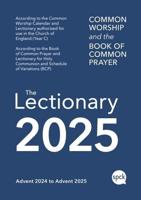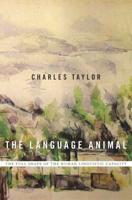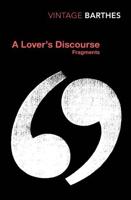Publisher's Synopsis
This encyclopaedic work of reference covers an era in church history in which pagan ideas still existed and in which the symbiosis between Empire and Church was so close as to make them seem almost one, with the Emperor in the East often playing a dominant role in religious matters, while in the West the authority of the emperors had faded, allowing the papacy to assume increasing secular authority. The domination of the East: reflected in the triumph of Greek over Latin as the language of administration; meant that Rome itself and the Western provinces were seen as rather provincial. The East faced different challenges, most conspicuously the range of theological ideas. Nestorian and Monophysite doctrines had not been suppressed by the Council of Chalcedon. New disputes arose, and in particular differences over the value of imagery. In the 7th century, Islam became a major threat to the Empire, while Islamic ideas also carried weight in religious matters.In this, the fifth volume in a series, Angelo Di Berardino provides a highly detailed documentation of the writings of the later fathers of the Eastern Church. Each chapter is written by a sole specialist, which lends a unity not seen in previous volumes while permitting an impressively broad scope. The literature of the period can conveniently be divided linguistically and regionally, and significant areas covered include: Constantinople and Asia Minor; The Greek Literature of Syria; Palestinian Writers; Alexandrian and Egyptian writers; Syriac Literature; Coptic Writers; Armenian Writers; Greek Exegetical Catenae; and, Canonical and Liturgical Literature.The study is divided into nine chapters with an introduction and a table, which clarifies abbreviations used. Each chapter further contains an introduction, which helps acquaint the reader more readily with what can be a complex area of study. There are also lengthy bibliographies and an extensive index. This groundbreaking work offers the reader the opportunity to discover the fascinating literature of the fathers of the early Christian era, discussed by a leading expert in the field. Translated into English by Adrian Walford, this is a fundamental work of reference, and makes a major contribution to patristic scholarship.




